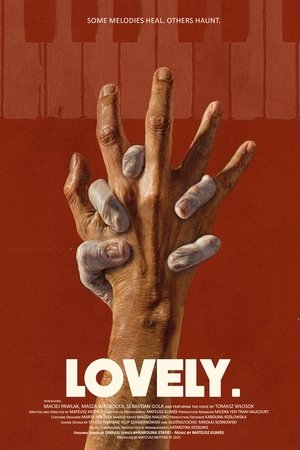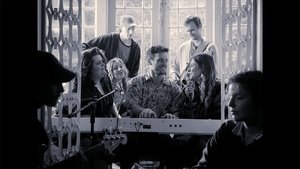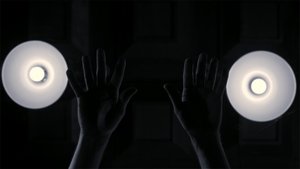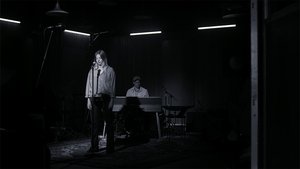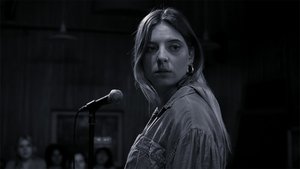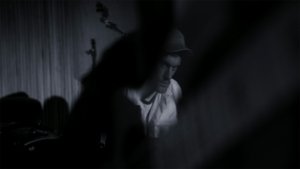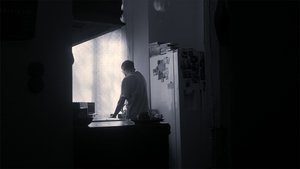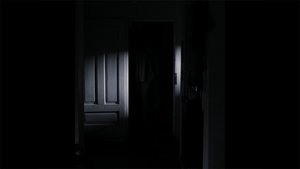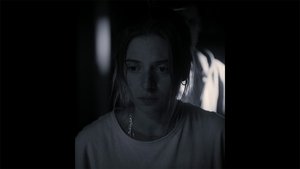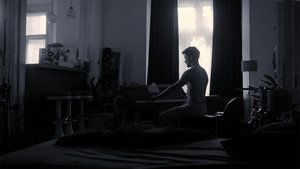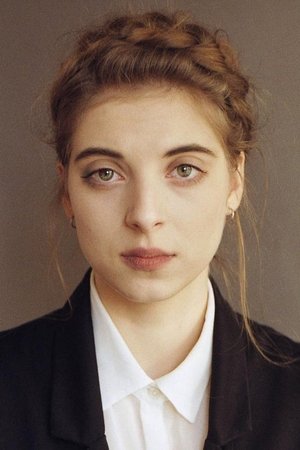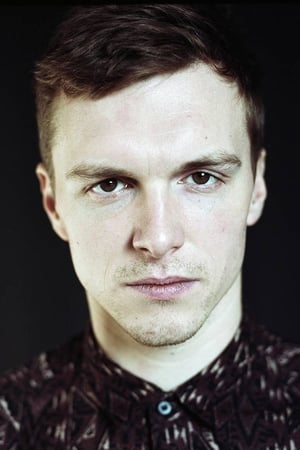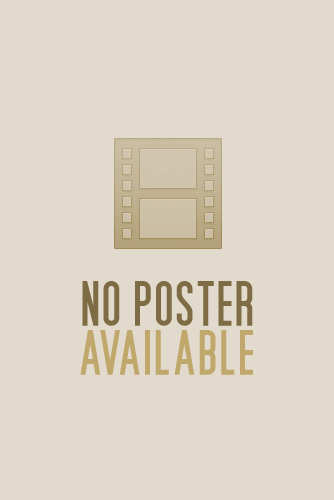Videos Playlist
Similar Collection
Images
-
Notesoncinema
**Between Genres, Between People: The Emotional Precision of LOVELY.** In _LOVELY._, a short film by Mateusz Motyka, the ghosts that haunt us are not monsters lurking in the shadows, but the aching remains of conversations we'll never get to finish. This black-and-white horror musical, equal parts spectral drama and quiet emotional reckoning, explores a type of tragedy that feels all too human: the silence left behind when a relationship ends without resolution. At just over thirty minutes, _LOVELY._ tells the story of Kuba (Maciej Pawlak), a small-time musician unraveling after the death of his partner's brother, Maks. During a live radio concert, he sees a vision of Maks on stage. From that moment, reality begins to blur. His relationship with Roza (Masza Wagrocka), a singer balancing grief and resilience, begins to fracture under the weight of guilt, memory, and the unbearable ache of absence. Visually, the film is arresting. The cinematography leans into rich contrasts and expressive lighting, evoking early European art cinema and the quiet unease of classic horror like Nosferatu. But where much of contemporary horror aims for spectacle or shocks, Motyka opts for something subtler, more internal. There's a painterly precision here-carefully composed frames that don't draw attention to themselves but work slowly, almost imperceptibly, on your emotional state. The film's musical sequences are similarly understated. Rather than big theatrical numbers, music in _LOVELY._ is raw, unresolved, and almost uncomfortable-another form of communication faltering under grief. Silence is used just as deliberately as sound, most notably in a prolonged, near-motionless sequence where a character listens-wordlessly-to devastating news. It's the kind of scene that tests an audience's patience. And yet, in context, it feels entirely earned. The performances ground the film's delicate tone. Pawlak brings a thoughtful, non-classical masculinity to Kuba-he's gentle, emotionally conflicted, and clearly battling his own fragility. Wagrocka's Roza is the emotional anchor: proud, guarded, but radiating love and integrity. Together, they feel like a real couple, not a cinematic device. As a bisexual man, I felt seen in the emotional vocabulary of this relationship-free from cliché, open-hearted, and quietly radical in its softness. But I believe its resonance is not limited by identity; there's something universal in their struggle to stay connected across the rift of grief. And yet, the very things that make _LOVELY._ exceptional are also what made it a hard sell during programming. It doesn't sit comfortably in a category. It's too emotionally fragile for genre fans expecting horror in a more literal register, and too stylized, too narratively heightened for festivals that prize realism. It lives in the in-between-and that's a difficult place for a short film to thrive. There are minor stumbles. A few metaphorical gestures-particularly near the climax-veer close to obscurity, and not all stylistic risks land with the same emotional clarity. For some, the long takes may come across as indulgent rather than immersive. And the film's refusal to explain itself, while admirable, could leave less patient viewers adrift. But these are risks born of sincerity, not artifice-and I'd rather watch an imperfect film with a soul than a polished one without. _LOVELY._ doesn't shout to be noticed. It mourns. It hums. It lets silence ring like a final chord. I don't know what kind of afterlife this film will have outside the festival circuit-but I believe it will find its audience, one quiet heart at a time. And to be honest: I hope someone, somewhere, gives it the slot I couldn't. _**Author's note:** I watched LOVELY. (MILO.) earlier this year as part of a programming committee for a short film festival. I fought for it, gently but persistently, but its quiet complexity made it a difficult film to place. This review is my way of doing what I couldn't in that jury room-giving the film a space to be seen, acknowledged, and, hopefully, remembered. I'm a young programmer, still idealistic, still believing that a film doesn't need to be "programmable" to matter. And sometimes, a film haunts you more for being left behind._
